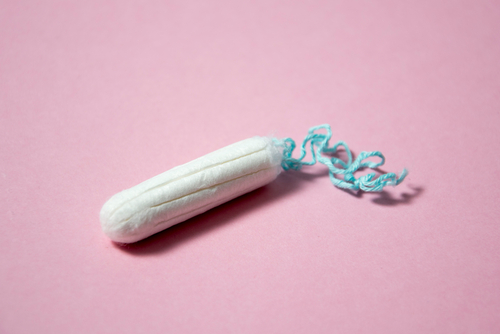
We’ve already seen workplace shifts sweeping across Europe including Belgium and Portugal amending their laws to reflect the ‘Right to Disconnect’ so that employers cannot contact employees outside of contracted hours. In the United Kingdom, 60 companies will likewise take part in a trial of a four-day working week.
Now, Spain plans to introduce menstrual leave in the workplace, which if approved will mark a major European milestone.
The reform is part of a set of proposals around reproductive health that intends to offer three days of menstrual leave a month with a doctors note, for women who experience severe period pain. The draft bill along with other provisions entitled people experiencing especially excruciating and incapacitating period pain to five days of sick leave each month.
The move comes amid a wider conversation on treating menstruation as a health condition and combatting the habit of employees working whilst unwell.
In our Mental Health Index, we found that nearly half of UK employees (47 per cent) reported doing their job when feeling unwell (physically or psychologically) at least one day per week. There is a clear stigma around employees taking sick days, demonstrated by our findings and this stigma is even more heightened when it comes to women’s health including menstruation and menopause.
If menstrual leave is approved, employers will have to navigate certain challenges, such as ensuring that the new reform does not create a backlash towards women in the workplace and that employees who do experience period pain feel comfortable seeking medical support and bring that forward to their employee.
What is more, employers and employees themselves need to recognize when they are too ill to do their job. The main sign is that one simply cannot do the tasks being set for them. This could include difficulty concentrating or being unable to lift the items required during manual labour. In extreme circumstances, employees may even become a risk to themselves or others if they continue to work, particularly if they work in safety-related positions and cannot respond quickly.
Whilst these things often appear more clear cut for cases of physical injuries like a broken limb, the same applies to mental health and women’s health issues.
Indeed, menstruation can have a massive strain on our bodies and well-being, which can make it difficult to continue working.
With the current prevalence of working from home, there is the trap of thinking that people can work whilst unwell because they’re at home. Working from home is simply a location issue. Location might make it easier for people to stop and start tasks based on how they are feeling, but it does not address the issue completely. The need for self-care is still as important, and so is the option to work out a plan that works for the employee as well as the workplace. Having a plan where health is supporting, and work is sustainable it the key.
Landmark changes such as Spain’s ‘menstrual leave’ reflects the growing awareness around employee wellbeing but if we want to truly prioritise the wellbeing of our employee, then employee wellbeing must be integrated into work culture at every stage, rather than depending on a single action.
 About the author
About the authorPaula Allen is Global Leader and Senior Vice-President of Research and Total Wellbeing at LifeWorks.
Paula completed degrees at the University of Toronto in psychological research, neuropsychological testing and clinical intervention. She is also a member of the Women’s College Hospital’s Board of Director, the International Women’s Forum and was an advisory member, providing advice to the Ontario Government on issues relating to disability and income support.
